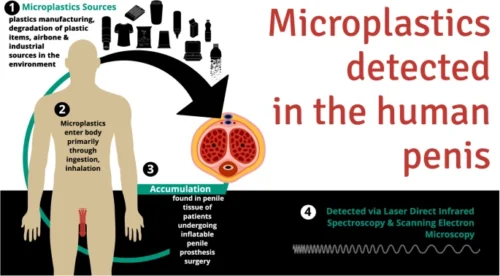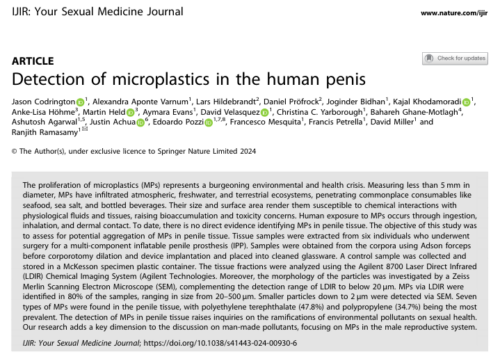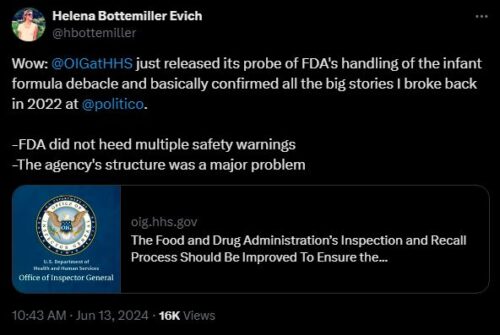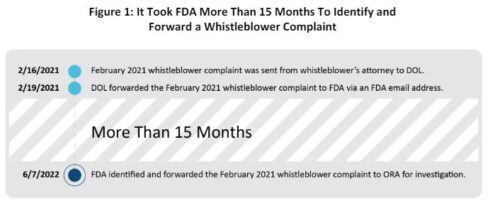Weekend reading: USDA’s food assistance programs
The USDA has just summarized its accomplishments with respect to food and nutrition assisttance since the pandemic. It’s an impressive list.
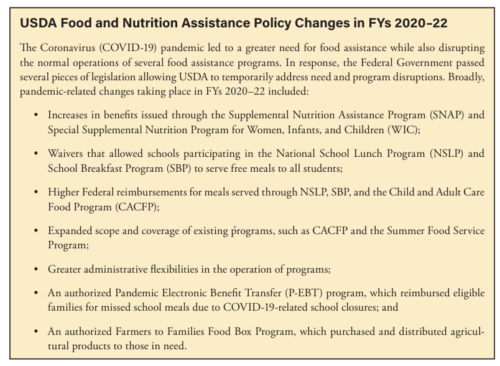
The report has loads of enlightening charts. This one shows the substantial increase in spending on food assistance over the years, and recently.
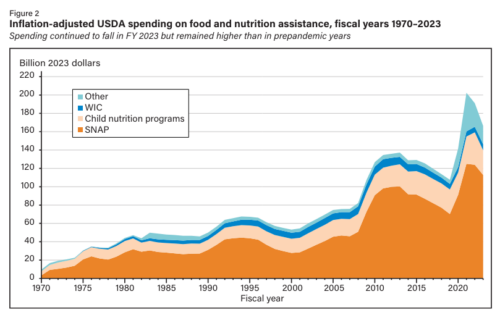
This report has the advantage of putting everything in one place.
This report uses preliminary data from USDA, Food and Nutrition Service (FNS) to examine program trends and policy changes in USDA’s largest domestic food and nutrition assistance programs through FY 2023. It also summarizes two 2023 USDA, Economic Research Service (ERS) reports including one that examines the prevalence of household food insecurity in the United States in 2022 and another that documents the share of households with school-aged children reporting difficulty paying for expenses after pandemic waivers allowing schools to serve free meals expired in 2022.
If you want to understand why food assistance is anything but a bipartisan issue, the facts and figures here tell the story. I’m glad to have this one.

